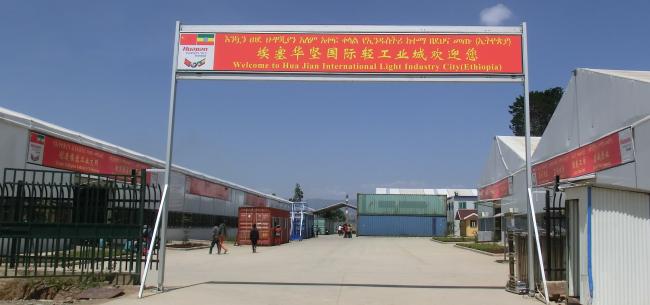3348 publications
Chinese Investors in Ethiopia: The Perfect Match?
Since the fall of the Derg regime in 1991, cordial relations have developed between China and Ethiopia, forming a positive political backdrop in front of which the two countries’ interests have increasingly converged.
Madagascar Dealing with Multi-Faceted Crime
Has Madagascar really emerged from the crisis which started in 2009? In purely formal terms, it is customary to consider that the December 2013 presidential election ended a political sequence of relative institutional paralysis since the coup in March 2009 and the transitional regime then put in place.
Electricity storage in a redesigned market
Storage technologies have the potential to significantly support the EU’s electricity system, bringing a number of flexibility services. There are numerous electric energy storage (EES) technologies, tackling different magnitudes in terms of quantity of energy, ramp-up time, duration of discharge, costs, and lifetime.
Democratic Deconstructions
Today’s democratic governments appear less legitimate and their longevity less assured than ever.
With Trump, Time to Reinvent the European Trade Policy
The new American administration’s protectionist tendencies need to be taken seriously.
Living with Russia
Russia’s power comes, in part, from the West’s errors and illusions in the wake of the Cold War.
Trump and the Crisis of American Democracy
Trump’s victory in the 2016 presidential election is an expression of the crisis of American democracy.
Kissinger, or the Last Diplomat
In the second half of the 20th century, Kissinger evokes the fundamental choices underpinning American diplomacy.













